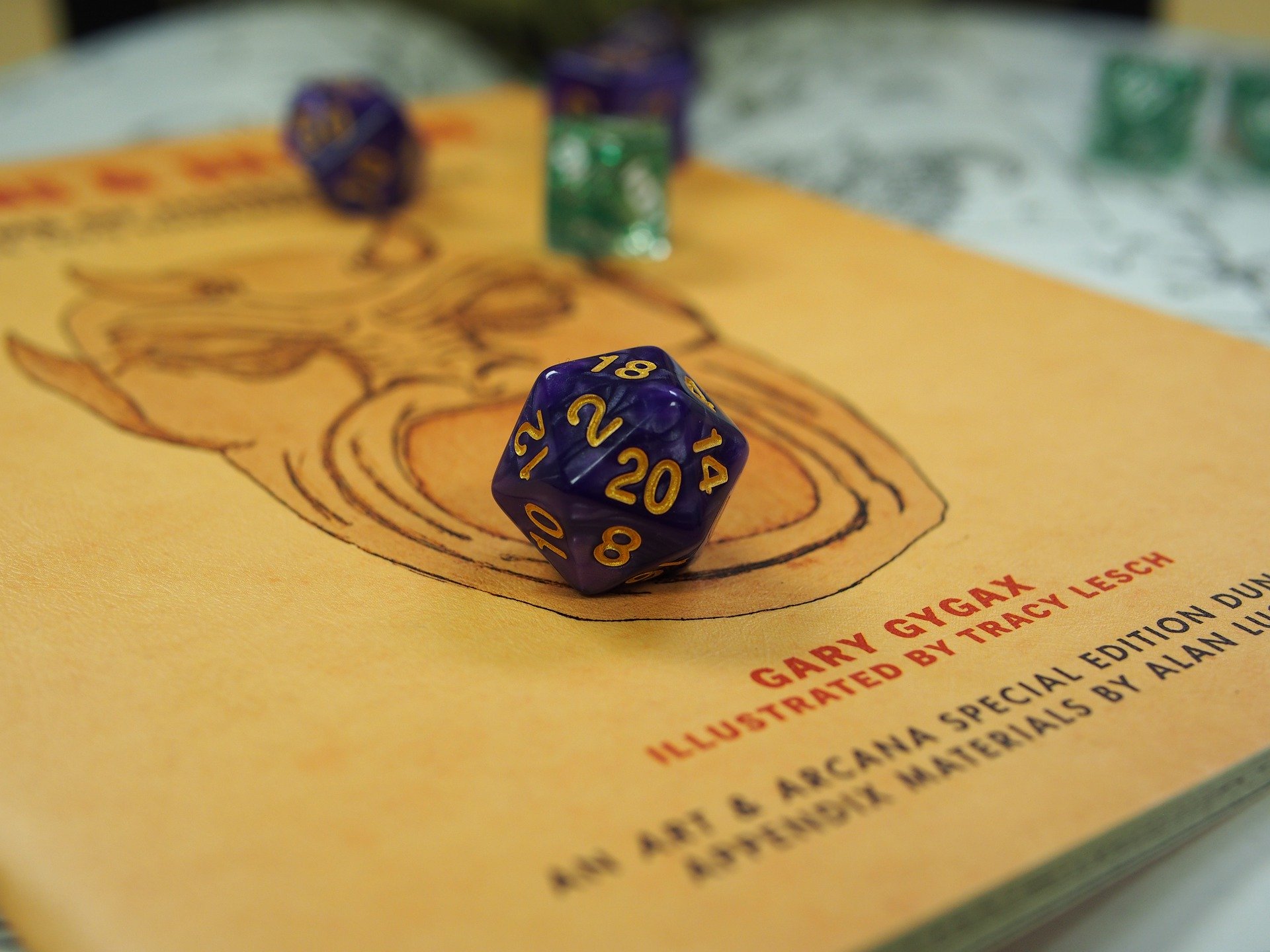Getting Started With Your Character | How to Roll Stats for 5e
Your attributes are an essential part of the 5e experience. Without Strength, it’s hard to swing swords. Without Intelligence, Wizards can’t cast spells. Without Constitution, you’ll have as much trouble with stiff breezes as your party has with ogres. So it’s important to figure out how to get those stats in the first place. Some use a standard array of attributes or a point buy system to guarantee equal scores. But what if your GM says it’s time to roll? Find out in our How to Roll Stats for 5E Guide.
How to Roll Stats for 5e
Most aspects of character creation (race, class, proficiencies, etc) come before ability scores. Choose those first, based on what you want to play, or your party’s composition.

If your GM doesn’t say otherwise, you roll 4d6, ignore the lowest roll, and add them together. For example, if you roll a 4 5 2 6, you ignore the 2, and you’ve got 15.
You do that 6 times, pool them all together, and distribute them however you’d like (this is to avoid a Wizard having an awkwardly high Strength because you rolled well the first time).
Other Roll Options
Sometimes, your GM will ask you to roll in a different way. This is because they’re used to old editions, want to try something new, or any other reason. Other dice types may include:
- 2d6+6: This keeps the minimum of 8 from the Standard Array, and makes everyone a little stronger.
- 3d6: This is super bad. If any of these dice roll low, your scores suffer. This works if you’re supposed to be a civilian or something.
And every now and then, your GM might not let you pool your dice. Instead, they’ll ask you to roll and apply the rolls in order. In that case, you’ll apply the 1st roll to Strength, 2nd Dexterity, 3rd Constitution, etc. Try to ask your GM to consider the Pool system instead. Otherwise, you might want to be willing to change your class soon.
Where to Put Low Rolls
Sometimes you roll awfully… Like, 5-6 awfully. You really don’t want that to be the case, but when you roll randomly, it’s unavoidable. Here’s a quick guide on where you can put really bad ability score rolls.
- Strength: Perfect! If you’re not going into melee combat, nor wearing medium/heavy armor, this is a great dump stat.
- Dexterity: Exact opposite of Dexterity. If you have Heavy Armor, Dexterity is a good dump stat. However, try to find another option; Dexterity saves are very common.
- Constitution: Never use this as a dump stat. Every single character in the game needs a good amount of Constitution. This is your health, saves, concentration, and chance to stay alive.
- Intelligence: Perfect dump stat, unless you’re a Wizard. Intelligence only affects saves and some skills if you aren’t casting with it.
- Wisdom: Not an amazing dump stat; spells that target Wisdom saves normally heavily affect what actions you can do in combat. Wisdom also influences Perception, the most important and commonly used skill in the game. Avoid this if you can.
- Charisma: Similar to Intelligence, this is only useful for saves and skills if you’re not using it to cast. Good idea, but more classes rely on Charisma than Intelligence.
High rolls are pretty obvious; if you’re swinging a huge sword, make Strength high. If you’re a spellcaster, put it into your casting stat.
Keep on rolling with more D&D content: check out our guide to calculating armor class in 5E.






